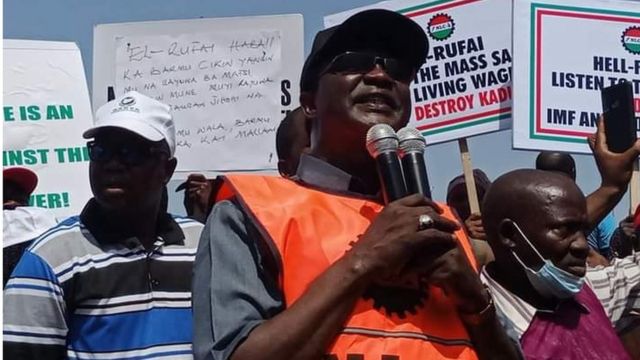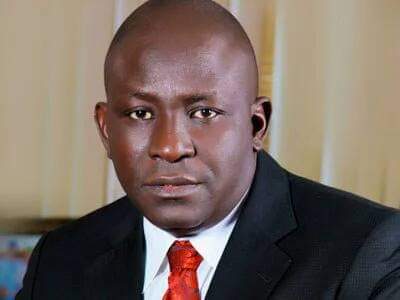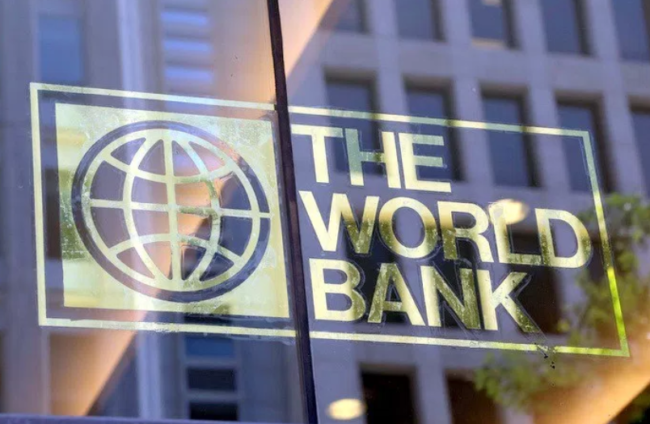Nasir el-Rufai, governor of Kaduna, says those who disrupted legitimate businesses in the state under the guise of strike will be dealt with.
Over the past days, members of the Nigeria Labour Congress (NLC) and el-Rufai have been at loggerheads over the decision of the Kaduna government to disengage more than 4,000 workers in the state.
As a result, the Ayuba Wabba-led NLC embarked on a five-day warning strike, which started on Monday.
The decision did not go down well with el-Rufai who declared Wabba and other members of the union for what he described as economic sabotage.
Advertisement
Speaking further on the development, the Kaduna governor, during the 23rd annual tax conference organised by the Chartered Institute of Taxation of Nigeria (CITN) in Kaduna, said it is the right of the union to protest, but noted that businesses should be allowed to function.
“There are efforts to prevent legitimate businesses from opening. There are efforts to prevent banks from opening, and also prevent petrol stations from dispensing fuel. This is totally criminal and illegal and we are going to take action,” he said.
“We are not against the right to strike; you are free to strike, but walk away from your institution and allow it to function without you.
Advertisement
“You have no right to stop any business from remaining open and we are going to take very strict measures against people that have tried to do that.
“What this strike is about is to answer fundamental questions, the first of which is this; should an employer keep a person of poor education, inadequate skills, qualifications and bad work attitude in employment, whether he likes it or not? Our answer in Kaduna state is in the negative.
“We as employers are in a contract of employment with the employee and if he is not up to task, we will let him go and that is included in our contract of service.
“The second question is this; is the right to protest or to withdraw services of an employee equivalent to the right to destroy the institution in which you work, shut it down or attack public infrastructure?
Advertisement
“Our position is very clear, the law is very clear. You can walk out, you can strike, but you cannot shut anything down.
“Public infrastructure is a public asset belonging to the federation which belongs to all the people in Nigeria and you have no right to shut it down and if you do, you are liable to be convicted on either the Miscellaneous Offences Act which attracts a minimum penalty of 21 years imprisonment.”
Add a comment






